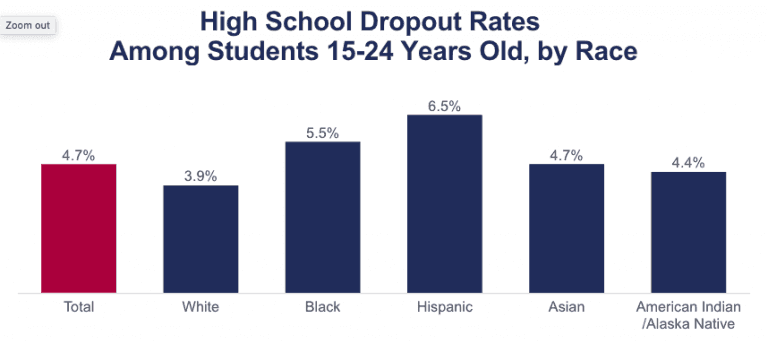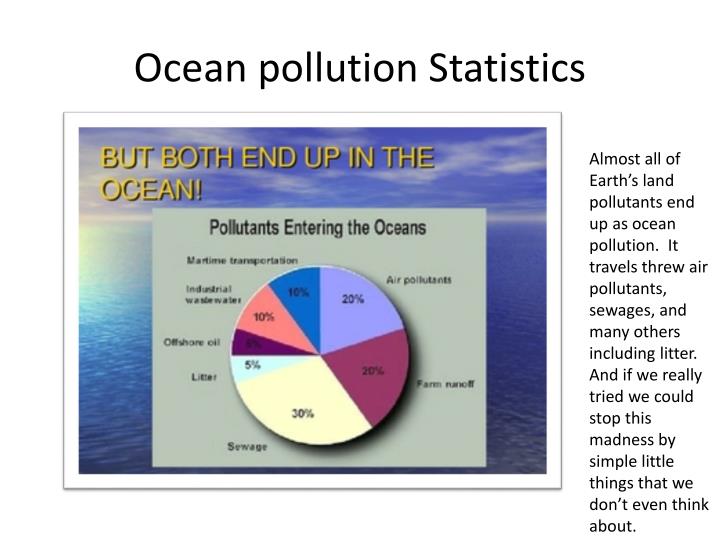Vietnam war veterans ptsd statistics
Table of Contents
Table of Contents
PTSD statistics in veterans is an alarming issue that deserves attention. According to recent studies, over 20% of veterans who returned from the wars in Iraq and Afghanistan have PTSD. While some may argue that this is an expected consequence of war, the impact of PTSD on veterans and their families cannot be overstated. The good news is that awareness of this issue is growing, and there are ways that individuals can help address this important concern.
Pain Points of PTSD Statistics in Veterans
The statistics surrounding PTSD in veterans can be overwhelming. Not only do veterans suffer from PTSD, but they have a higher incidence of suicide and substance abuse than the general population. Additionally, PTSD can have a significant impact on veterans’ ability to work and lead a functional life.
What is the Target of PTSD Statistics in Veterans?
The main target of PTSD statistics in veterans is to raise awareness of the impact of PTSD on this population. In understanding the prevalence of PTSD and its related negative outcomes, we can work towards providing better support for veterans and their families.
Main Points of PTSD Statistics in Veterans
In summary, PTSD is a significant concern for veterans, with over 20% of returning veterans experiencing this condition. The impact of PTSD can be severe, often leading to substance abuse and suicide. The target of PTSD statistics in veterans is to raise awareness and provide better support for this population.
PTSD Statistics in Veterans: A Personal Perspective
As a veteran myself, the issue of PTSD statistics hits close to home. When I returned from combat, I struggled to adjust to civilian life and suffered from severe anxiety and nightmares. It wasn’t until I sought help that I began to understand the severity of my condition. PTSD is a challenging issue, both for veterans and their families. It is crucial to raise awareness and provide resources to help veterans cope with the challenges they face.
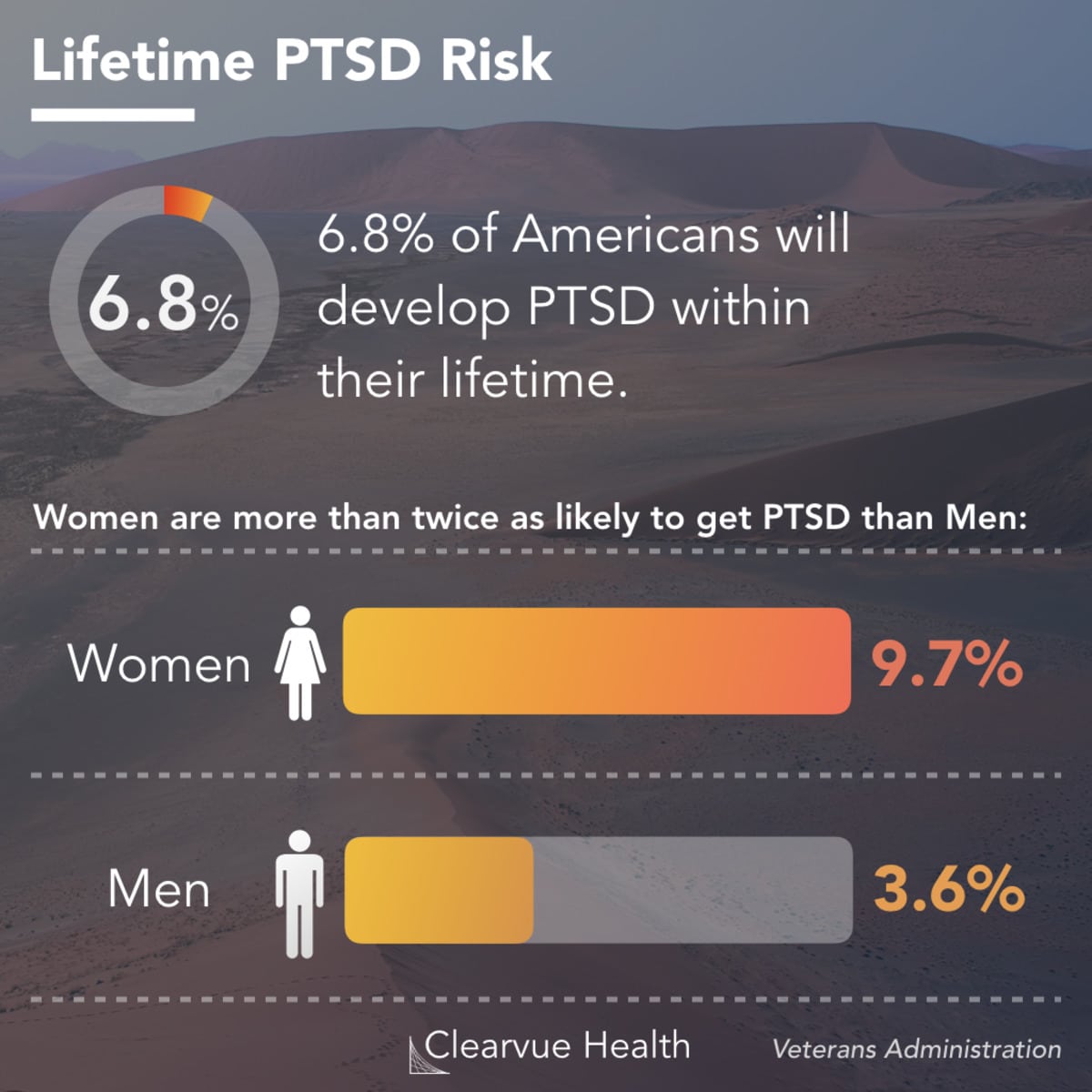 The Impact of PTSD on Veterans and Their Families
The Impact of PTSD on Veterans and Their Families
PTSD can have a significant impact on veterans and their families. One of the most challenging aspects of PTSD is that it can be difficult to identify. Symptoms can be varied and include depression, anxiety, and isolation. For families, this can be especially difficult, as they may not understand the extent of their loved one’s condition. Moreover, PTSD can create a stressful environment in the home, leading to tension and conflict.
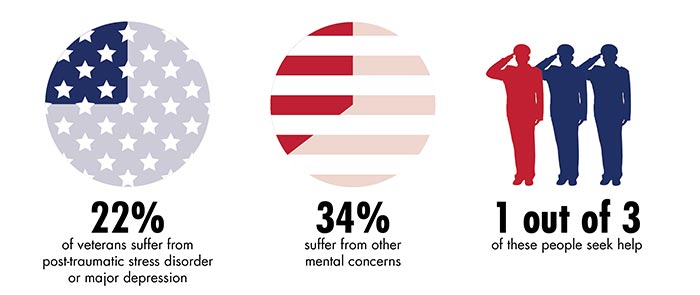 ### Understanding the Symptoms of PTSD
### Understanding the Symptoms of PTSD
PTSD can manifest in different ways, but some of the most common symptoms include irritability, poor sleep, anxiety, and depression. It is important to understand that PTSD is not a weakness or character flaw. It is a real and debilitating condition that requires proper care and treatment.
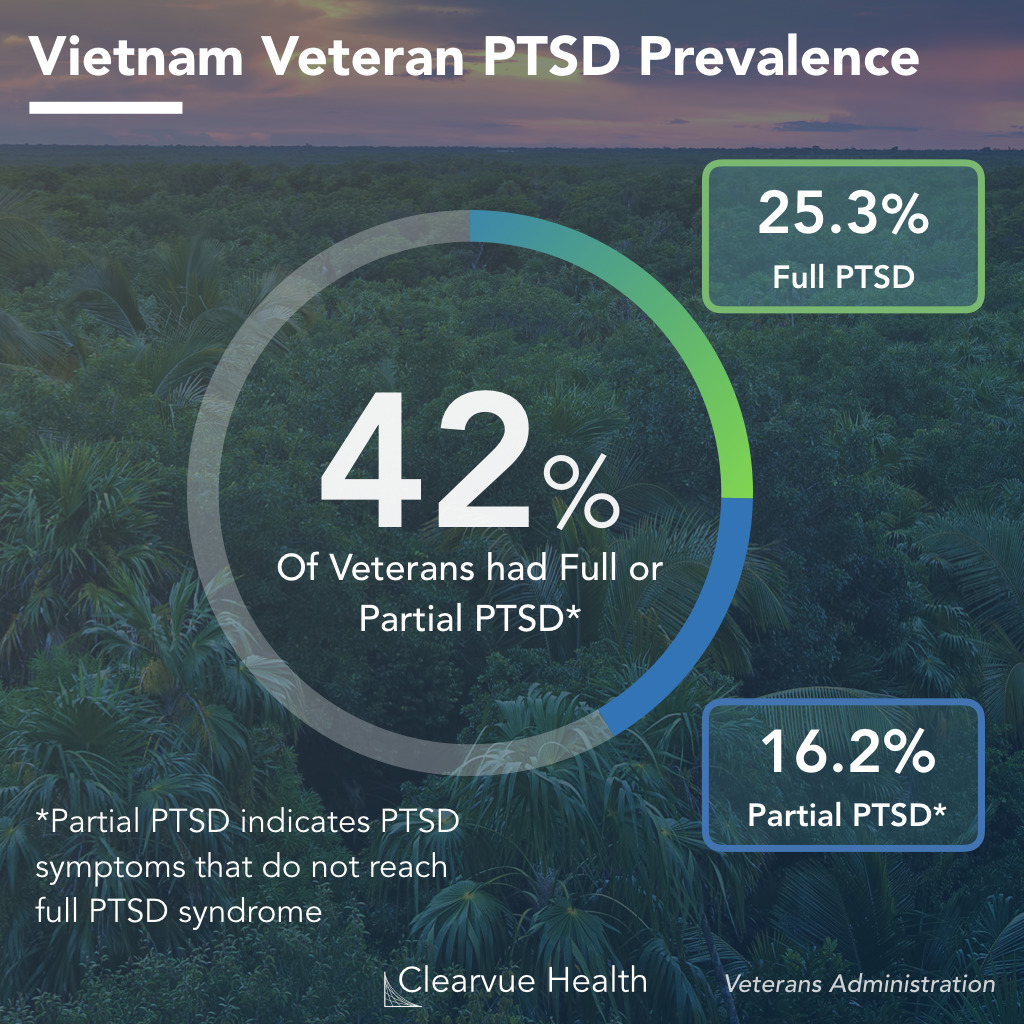 #### How Can We Address PTSD in Veterans?
#### How Can We Address PTSD in Veterans?
There are several ways that we can work to address PTSD in veterans. One of the most crucial steps is to raise awareness of this issue. In doing so, we can provide better resources for veterans and their families. Additionally, it is important to provide proper care and treatment to veterans who are experiencing PTSD. This may include therapy, medication, or other interventions.
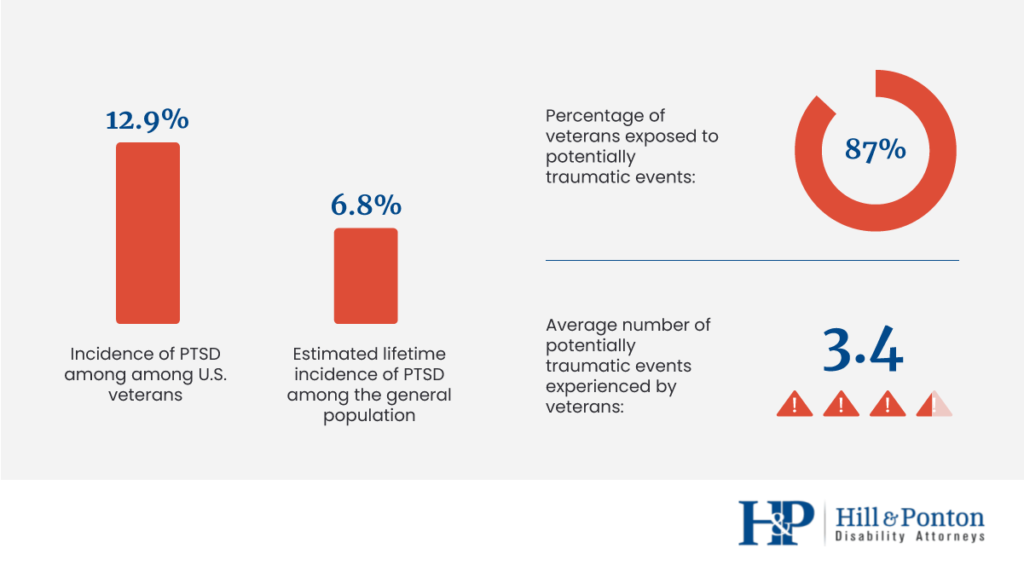 Question and Answer Section
Question and Answer Section
What percentage of veterans experience PTSD?
Over 20% of veterans who served in Iraq and Afghanistan have PTSD.
What are some of the most common symptoms of PTSD?
Some of the most common symptoms of PTSD include irritability, poor sleep, anxiety, and depression.
How can families support veterans who are experiencing PTSD?
Families can support veterans by being understanding and compassionate. They can also help by encouraging their loved one to seek help and connect with resources in the community.
What can we do to raise awareness of PTSD in veterans?
We can raise awareness of PTSD in veterans by sharing information and stories, connecting with community resources, and advocating for better care and treatment for veterans who are experiencing this condition.
Conclusion of PTSD Statistics in Veterans
In conclusion, PTSD statistics in veterans is a pressing concern that requires attention. By understanding the impact of PTSD on veterans and their families and raising awareness of this issue, we can work towards providing better care and treatment for the brave men and women who have served our country. It is essential that we continue to support our veterans and ensure that they have access to the resources they need to overcome the challenges they face.
Gallery
√ Vietnam Veterans With Ptsd Statistics - Va Navy USA

Photo Credit by: bing.com / ptsd
Vietnam War Veterans Ptsd Statistics - DisabilityTalk.net

Photo Credit by: bing.com /
Safe Talk: Tackling The Issues Facing Returning Veterans

Photo Credit by: bing.com / veterans health ptsd military mental issues corporation rand study statistics suicide returning infographic state facing tackling safe talk conducted figures
What Percentage Of Military Have Ptsd - ClubMentalHealthTalk.com

Photo Credit by: bing.com /
PTSD And Veterans: Breaking Down The Statistics - Hill & Ponton, P.A.

Photo Credit by: bing.com / ptsd prevalence lifetimes estimates



